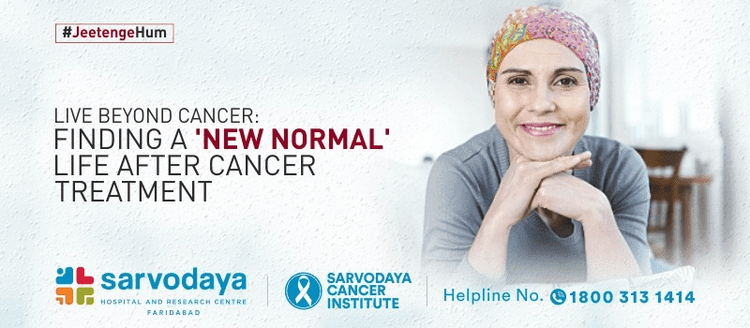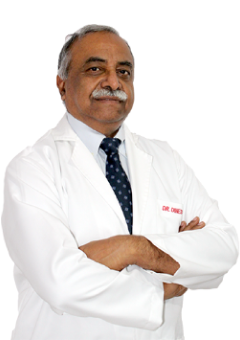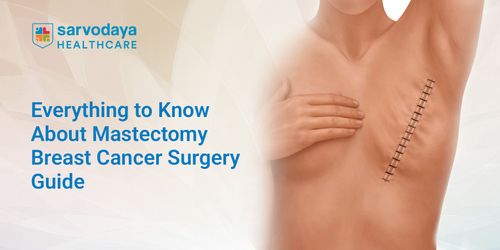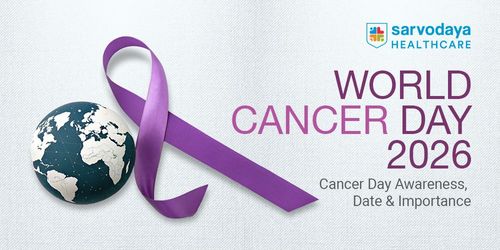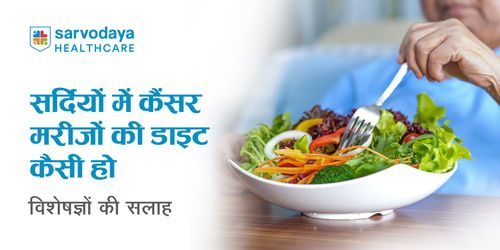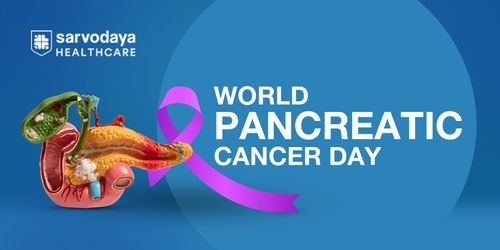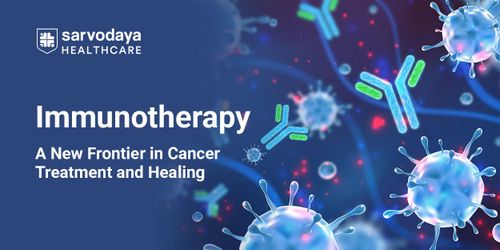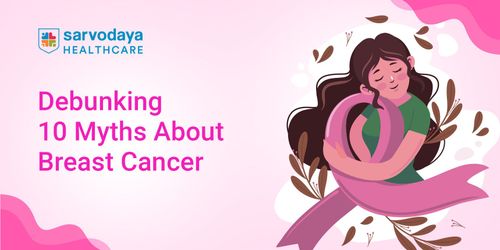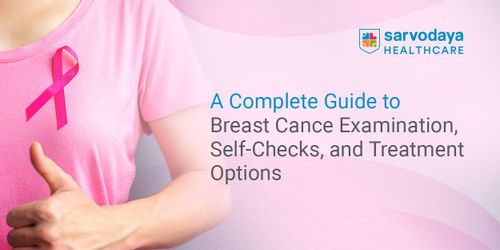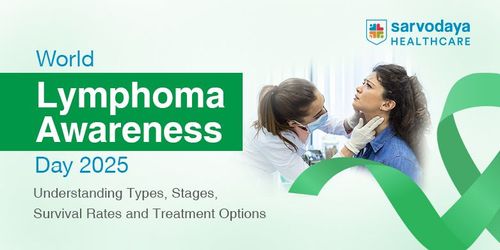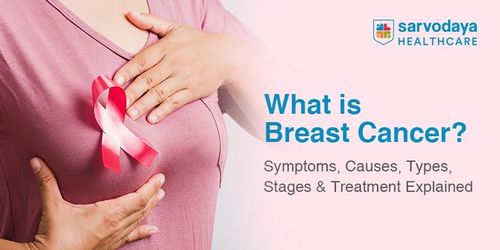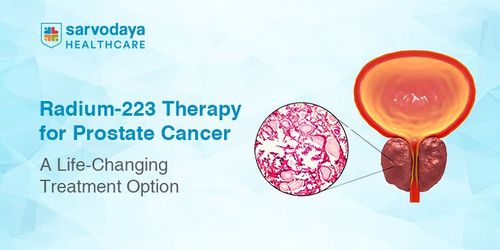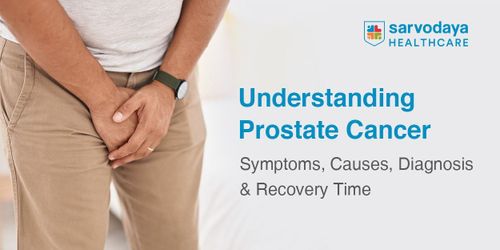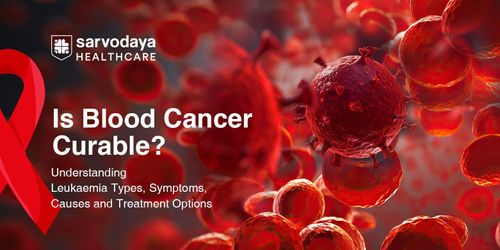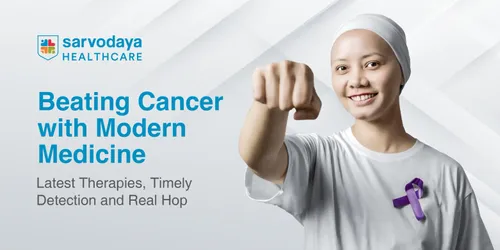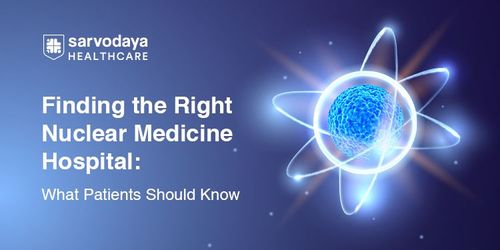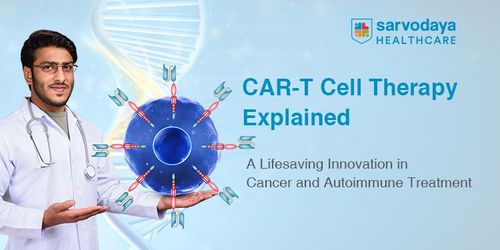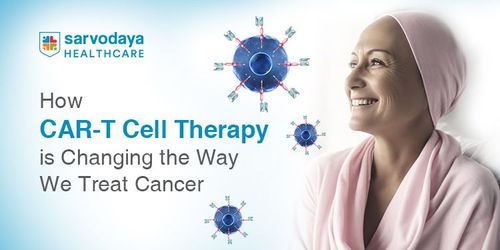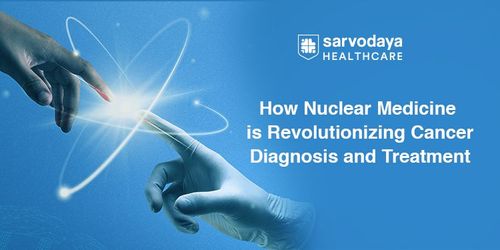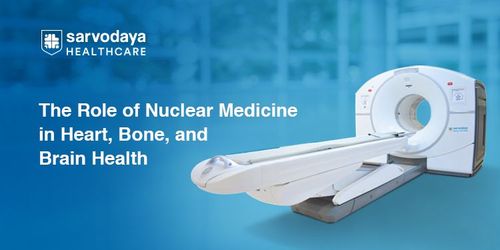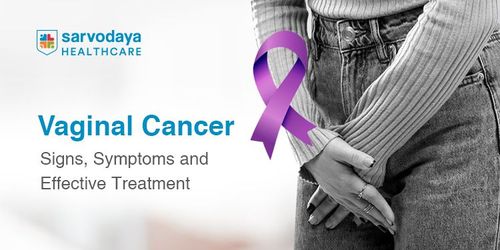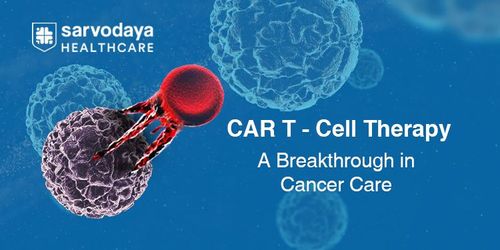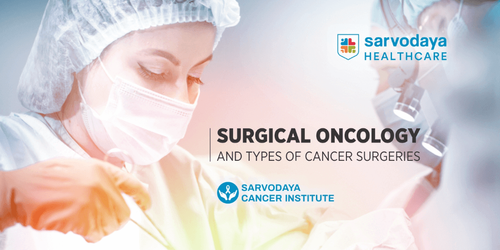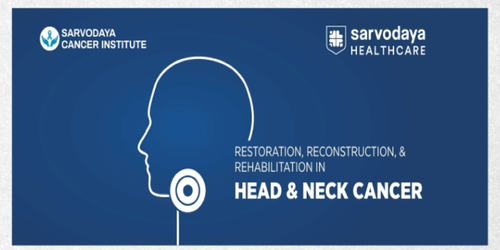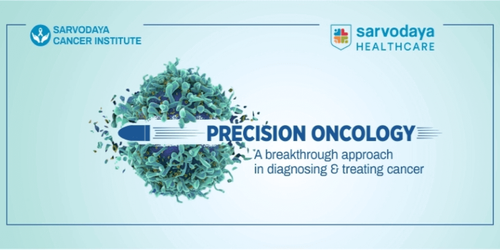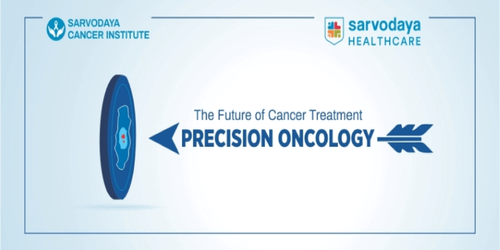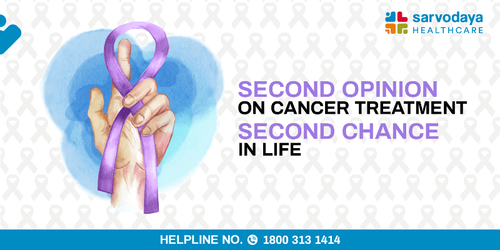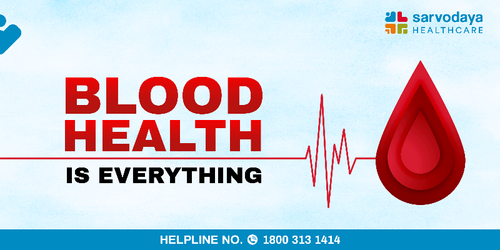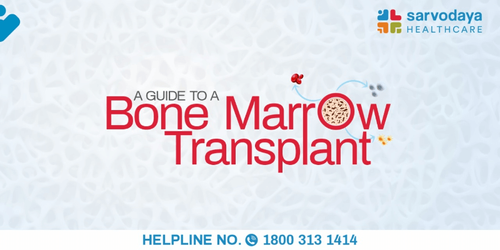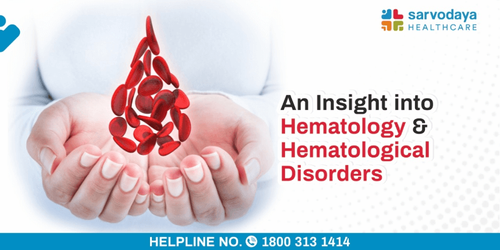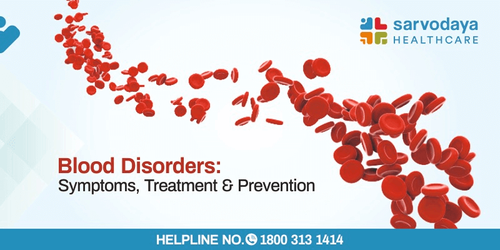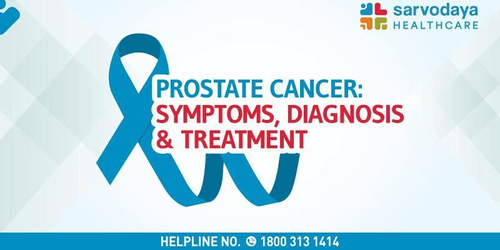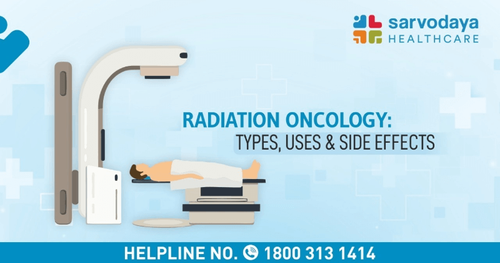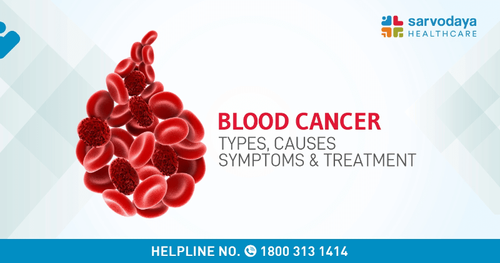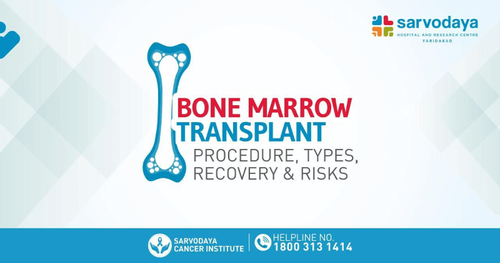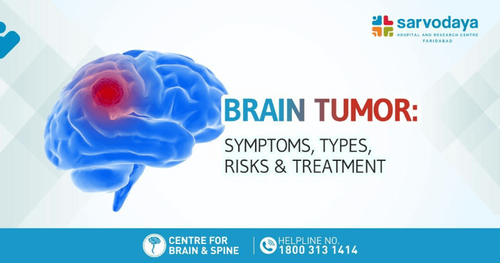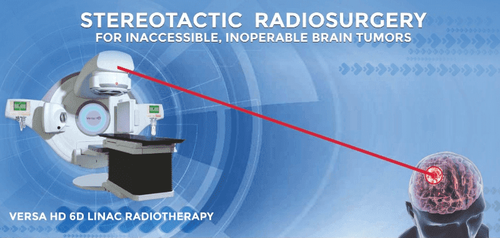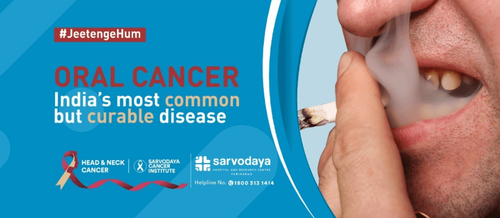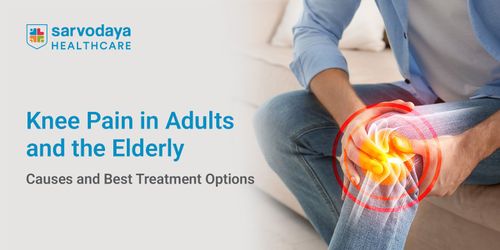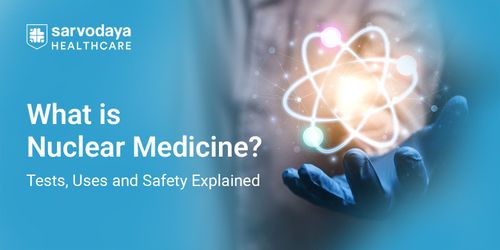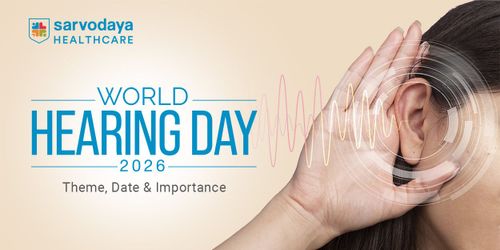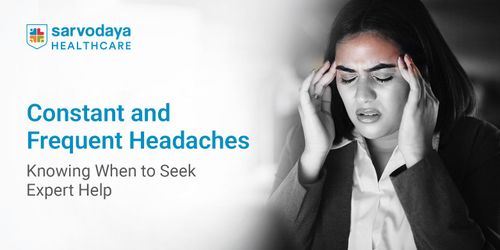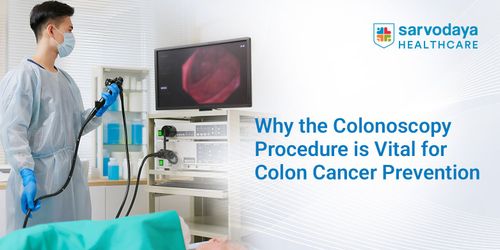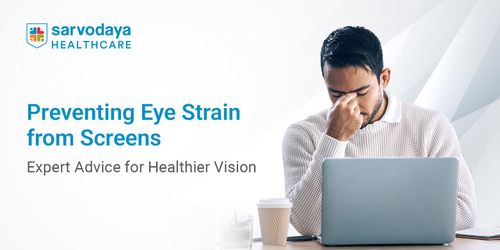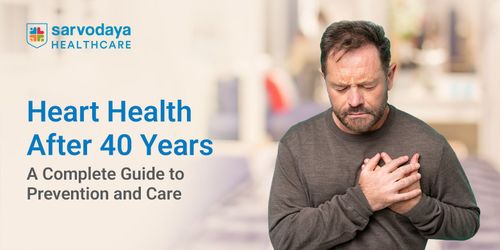With the completion of active cancer treatment, it seems like the toughest part is over and now one can get back to their normal routine. We hear from many patients that the time after completing active therapy is a time when they feel ‘unsettled’ and worry about an uncertain future. With this, a new journey begins. Some may even feel anxious about the possibility that cancer could return (recurrence) and worry they may not be doing enough to catch the life before. Unfortunately, it is common for patients to experience the side effects of the treatment after the active therapy ends. Symptoms like fatigue, difficulty sleeping, problems with memory, persistent pain or tingling from neuropathy, and emotional distress.
Cancer brings an array of lifestyle changes for the patient. Multiple hospital visits, chemotherapies, and never-ending medications drench out the body, bringing pain, stress, and difficulties to perform daily tasks. Such transformations can make one feel low and might cut them off society.
Read More- Questions That May Help Avail Better Cancer Care
Ways To Manage Common Side-Effects Of Cancer Treatment
Methods utilized for cancer treatment may include chemotherapy, radiation therapy, immunotherapy, hormone therapy, targeted drug therapy, bone-marrow transplant, surgery. While these clinical procedures help in the effective destruction of cancer cells, it can also have adverse effects.
Some common side-effects associated with cancer treatments are:
Hair Loss - Some types of chemotherapy cause the hair on the head and other parts of the body to fall out. Radiation therapy can also cause hair loss from the body part that is being treated.
Ways To Manage Hair Loss
- Use a hairbrush with soft bristles or a wide-tooth comb.
- Avoid hair dryers, irons, or products such as gels or clips that may hurt the scalp.
- Wash hair with a mild shampoo. Wash it less often and Pat-dry with a soft towel.
Anemia - Cancer treatments, such as chemotherapy and radiation therapy, can cause anemia (low level of red blood cells). It can make one feel tired, short of breath, and lightheaded.
Ways To Manage Anemia
- Save energy and ask for help when required from people around.
- Keep a balance between rest and activity. One may take short naps during the day and go for short walks or exercise a little.
- Eat foods that are high in protein or iron.
Constipation - Cancer treatments such as chemotherapy can cause infrequent bowel movements and hard, dry, stool which is difficult to pass, causing stomach cramps and bloating.
Ways To Manage Constipation
- Indulge in fiber-rich foods. Opt for high-fiber bread and cereals, including brown rice, barley, bulgur, and oats.
- Drink at least 8 cups of liquid each day. Drinking warm or hot liquids may also help.
- Try to be active every day with light exercise, even in a bed or chair. Or one may choose to walk or ride an exercise bike.
Diarrhea - Cancer treatments may cause diarrhea or make it worse.
Ways To Manage Diarrhea
- Drink 8 to 12 cups of fluid each day. For severe diarrhea, only clear liquids or IV (intravenous) fluids may be advised for a small period of time.
- Eat small meals that are easy on the stomach. Instead of three large meals, eat six to eight small meals throughout the day. Foods high in potassium and sodium (minerals one lose when they have diarrhea) are good food choices.
- Limit or avoid foods and drinks that can make diarrhea worse.
Every individual has different response system of body and hence side effects may vary in individuals even if the line of treatment is same. Even after the regular or active treatment ends, one needs to visit doctor regularly and need to consult physician for every sign of side effects.
At Sarvodaya Hospital & Research Centre we have grown to become one of the leading Cancer Care Centers by delivering the most comprehensive care for cancer patients. We bring some of the brilliant minds in Oncology and the latest technology in cancer care under one roof.
Life changes, but doesn’t stop; one may not return to what they were but can find ‘new normal’ life.
Remember how far you've come fighting Cancer, now these side-effects can’t hold you long. Time to come out of that shadow!
AN INITIATIVE BY SARVODAYA CANCER INSTITUTE
Our Specialists Also Available Here
Cancer Doctor in Delhi NCR
Cancer Doctor in Noida
Cancer Doctor in Faridabad
Cancer Doctor in Greater Noida


